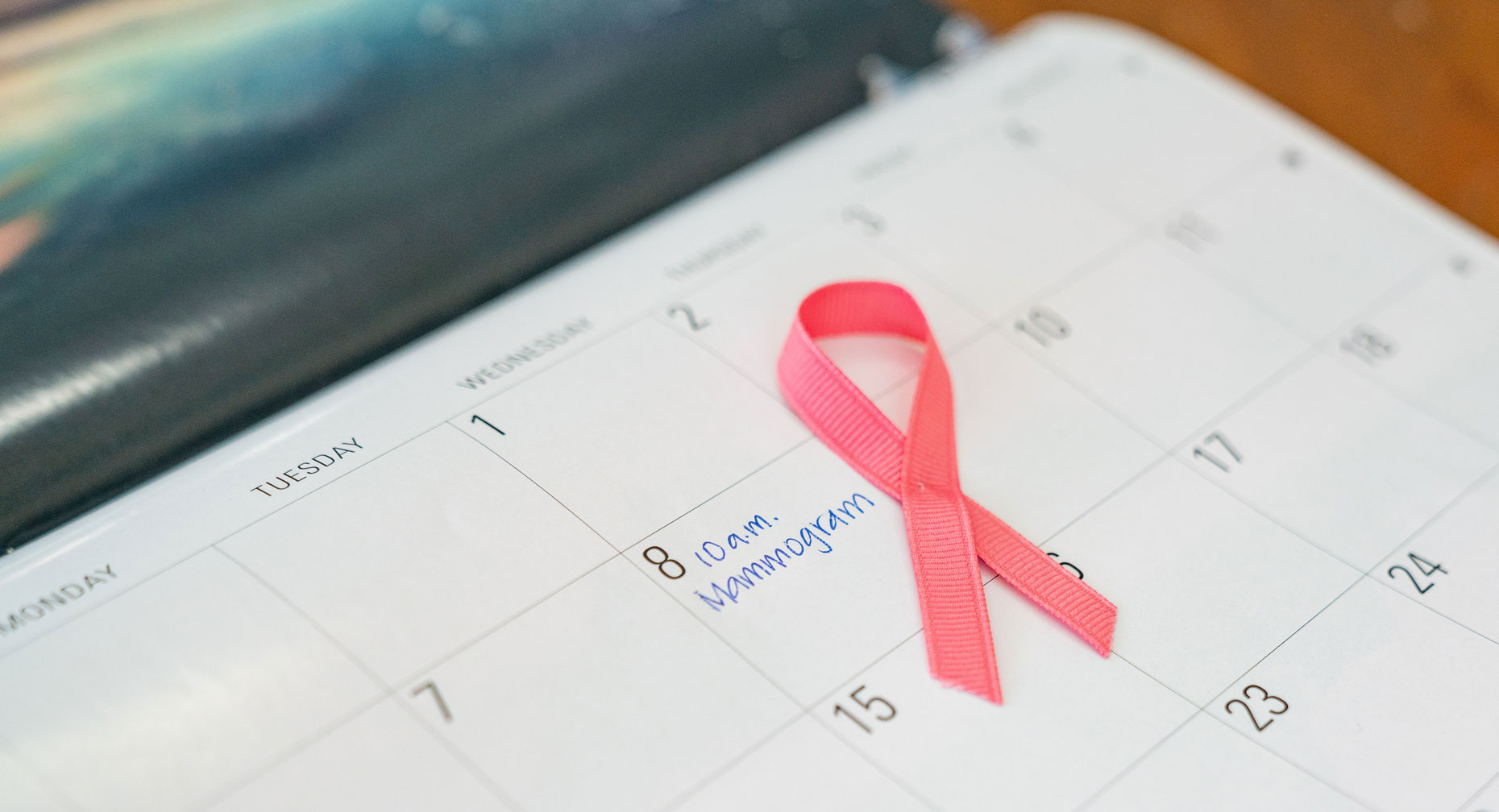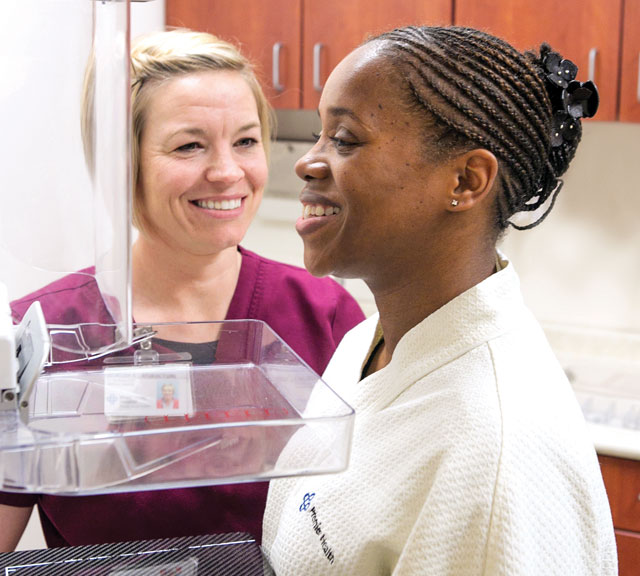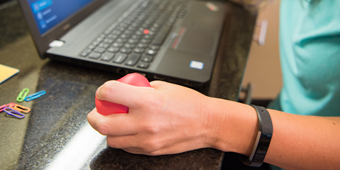Is It Time For My Mammogram?

Schedule a Mammogram
Make time for your screening mammogram at a location and time that works for your busy life.
Mammograms are X-rays of the breast. They are a screening tool for breast cancer. They also help determine why you may be experiencing a lump, nipple discharge, breast pain, dimpling of the breast skin, or a retracted nipple.
“Mammograms help find breast cancer early,” explains M. Patricia Braeuning, MD, medical director of Premier Health South Breast Centers. “And the earlier it is found, the more likely it will be curable,” she adds. “That’s why it’s important to follow your doctor’s advice regarding when and how often to get a mammogram.”
At What Age Should I Get a Mammogram?
Breast cancer can occur at any age, but it is much more likely to occur after age 40 and as you get older. The best defense is to find breast cancer early, when it is easier to treat.
For women at average risk, Premier Health, along with the National Comprehensive Cancer Network, recommends a mammogram every year beginning at age 40. No physician referral is needed for a screening mammogram.
Talk with your doctor, who knows you best, about a mammogram schedule that’s right for you.

What If My Risk Is Higher Than Average?
Some women have a higher risk of developing breast cancer. This includes women who:
- Have a parent, sibling, or child with breast cancer or with a BRCA1 or BRCA2 gene mutation
- Received radiation of the chest area between the ages of 10 and 30
In these instances your doctor may suggest getting mammogram screenings at a younger age, or more often than the above recommendations. Your doctor also may suggest routine MRI breast screenings in addition to mammograms.
What If My Breast Tissue Is Dense?
Having dense breast tissue isn’t uncommon or abnormal, but your doctor may want to adjust your screening guidelines. If your mammogram indicates your breast tissue is dense, check with your doctor for any further recommendations.
Schedule a Mammogram
Make time for your screening mammogram at a location and time that works for your busy life.
Source: Centers for Disease Control and Prevention; M. Patricia Braeuning, MD; National Comprehensive Cancer Network




